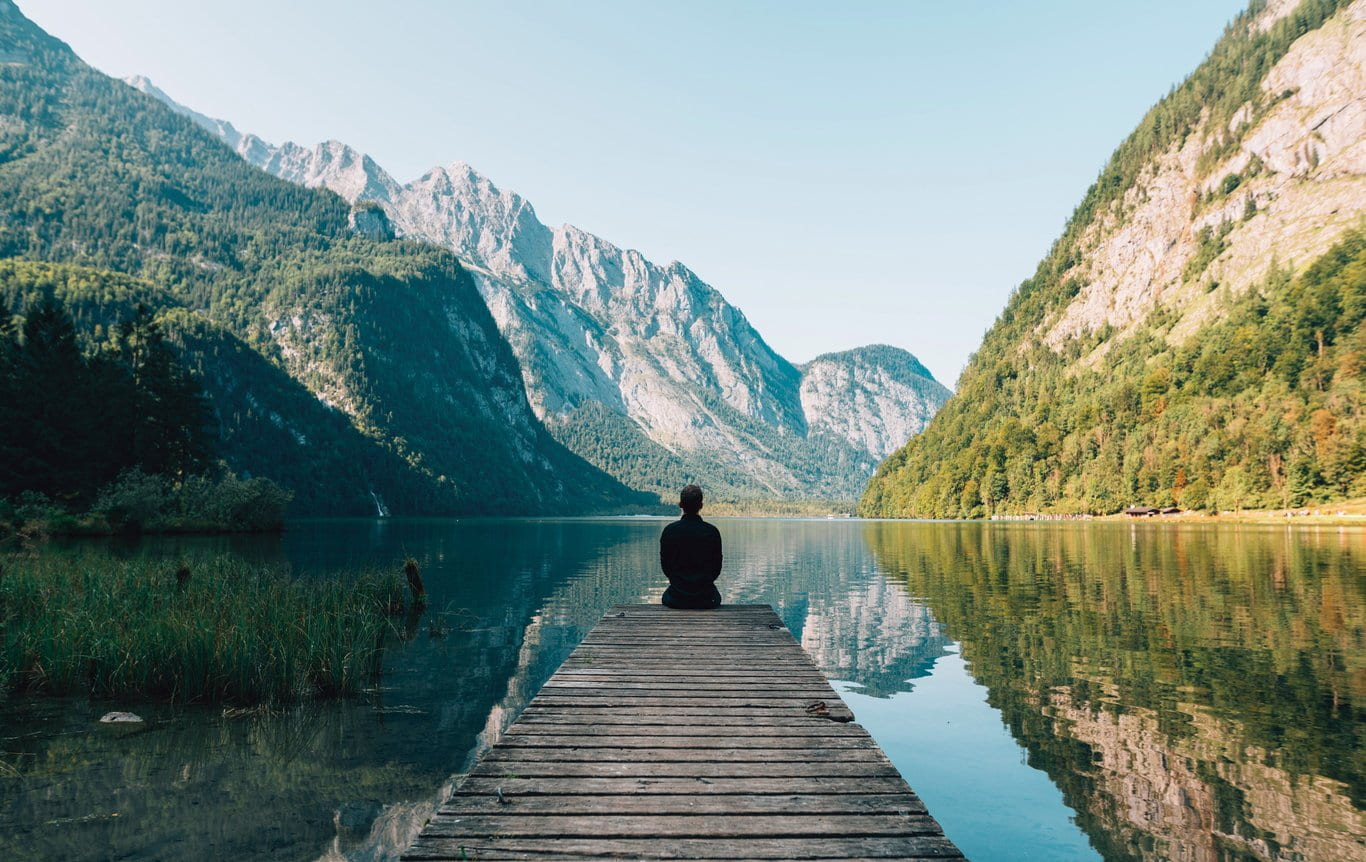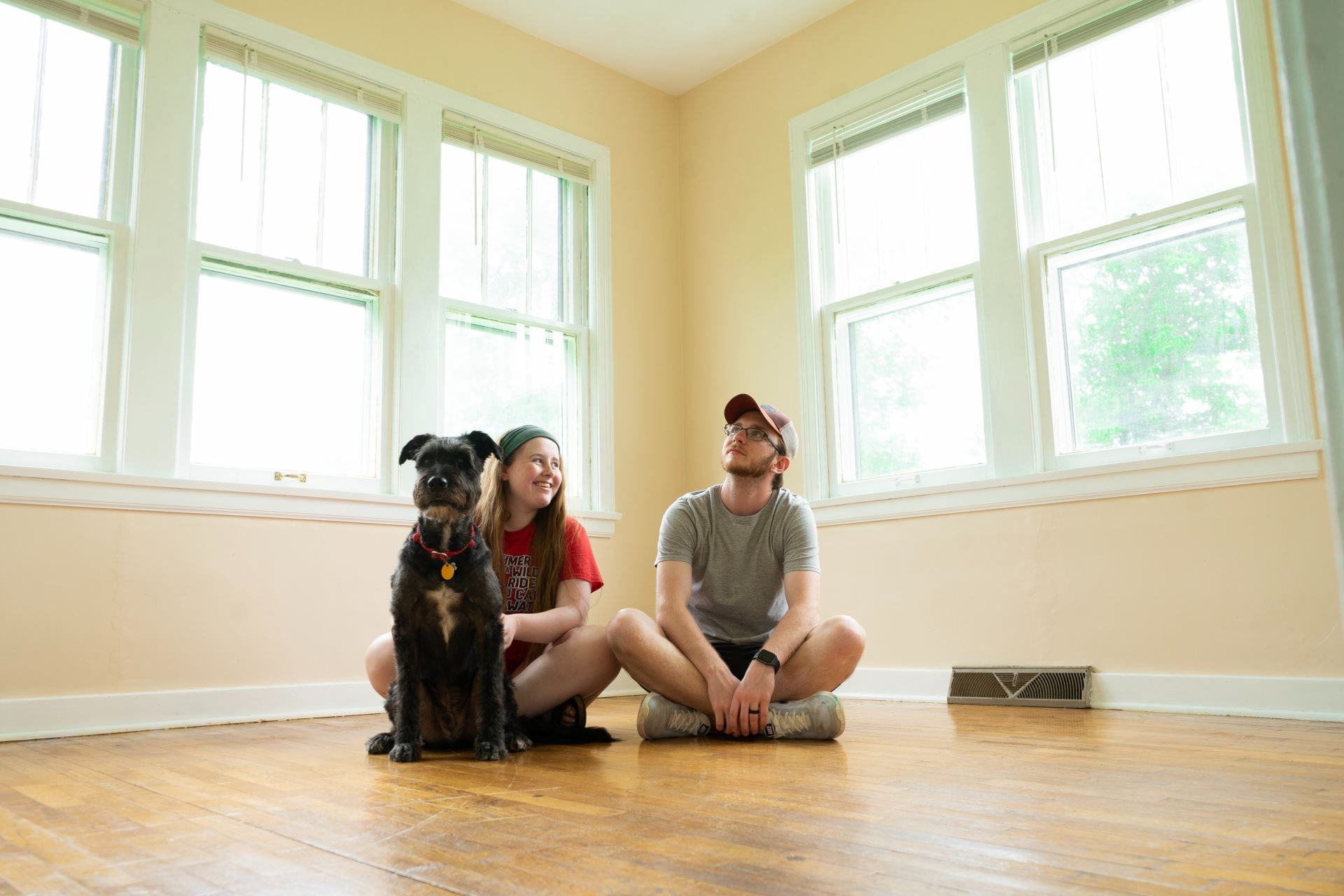One of the goals and motivations for being minimalist, and having less possessions, less things weighing you down, is that there are less things tying you down to the one location. When all your possessions fit in a backpack, you can live anywhere, and move anywhere, at the drop of a hat. Let’s talk about a few ways to achieve that, and some of the challenges, both practical and emotional.
Motivation
Where would you live, if you could live anywhere? It’s an exciting question, opening up endless possibilities in your mind. The question is actually the wrong one to be asking, because it assumes that you have to live somewhere, as in, some-specific-where. While you may want that eventually, when you’re in your twenties, you may want to travel a lot. And not living in one place is a great way to force that travel to happen. You can have a base of operations, but in order to have true freedom of location, you shouldn’t have a permanent home. You don’t want to feel a longing at all times to "get back home" and "unpack". The goal is to be at peace wherever you are, as you travel, continually. I have read about couples that do have a permanent home, but it’s in a boat. That changes things a little bit.
Practicalities
What are some of the difficulties you might face in having no permanent home? Some of them are easy to deal with, but some are quite difficult. Money is one of the largest troubles. You’re either working and travelling, in which case you’re not totally free to travel, or you are alternating between completely travelling full time, to working solidly to get money (and, importantly, getting enough to save up some fat). Some inspiration can be taken from the digital nomads, who have the best of both: They can work as much or as little as they want. But, not everyone can start being a digital nomad, you need some skills or some talent, or professional ability that you can sell. It takes time to become skilled enough as a social media manager, or to learn programming to become a coder, or to start your own SEO company. If it does take a while to get to that point, then you’ll be constantly switching between being a full time traveler, and working for a while, to take the money that you’ve saved up, and then going back to travelling. So, for the first few years, the travel is going to be more limited.
There’s another problem that you’ll have to deal with: Your relationships will be a bit more difficult to maintain. If you’re travelling, and aren’t always in the same place, it’s hard to maintain a relationship, and to do so, you have to make the extra effort. You can go back to your previous place of residence, but then you have the problem of having to move back. Or, you can try to make your partner move with you. Holding onto a relationship when they’re fixed down is usually a bad idea, and I’m not a big fan of long distance relationships. I’ve seen them work for some people, but they’re usually pretty difficult. If you’re going to do it, at least be honest about it and label it as a long distance relationship. If you’re poly-amorous, another option is to have long distance relationships with a few people, a different one for each continent you visit.
Having freedom of location can be a problem with your close family too. Sometimes, they will want you to stay close to home, and be nearby, or to come back home at a certain time of year. It can be hard to always be leaving, when you have people that love you that you don’t get to see often. If you have parents that want you to come back, then you’ll have to deal with that. Work with your family, and try to find a compromise.
Emotions
Emotions are a big part of this. When you have a permanent home, you have a place to return to. Even if you are somewhat nomadic, you have a base, a place that you can go back to. This is a great comfort to many people. But, when you don’t have that, you can feel lonely. And, when you are always travelling, you can get tired of seeing new places, and travelling, believe it or not. If you’re working and travelling, you can get tired of being on the road. The solution is to have a few places that you can return to, and that you can stay in for longer periods. These are the places that you can settle down, and that you can have a few friends at. The other issue is that, when you are travelling, you can get tired of your possessions. You want new shiny things, it’s natural when you’ve grown up in a materialistic world. When you don’t have a lot, it can be a pain to always push those cravings aside. You can also get tired of your job, when you have to do it full time. In permanent travelling, as in life, these are all just points to keep in mind. It’s not going to solve all your life problems, and it’s best not to view it that way.
Some practical advice
Here are some practical things you can do to make your life easier. First, buy a really good laptop, and a spare phone. Second, get a library card. The laptop and the phone are going to let you do everything that you can do at home, and more. You can’t always work on a laptop, but it’s a great option. Get a library card, and use it, whenever you get to a new city for more than two weeks. They’re great for books, but you can also download movies and TV shows to watch on your laptop, and even on your phone. You can also use the library to work and just be around interesting, intelligent people. With these things, you can have the comfort of a laptop, and the necessary technology, but you won’t have a lot of stuff.
Concluding advice
Once you’ve established your online work or business, and you’re not stressing about money, things change a little. It’s easy to fall into the trap of looking forward to your next travel destination. But remember, even if you’re a "permanent traveler", this probably won’t last forever. But live and enjoy it as if it will: don’t forget to enjoy the journey at each step of the way. Enjoy the country that you are in right now, even if it’s the one you were born in and grew up in. There’s no place like here, and no time like now.






